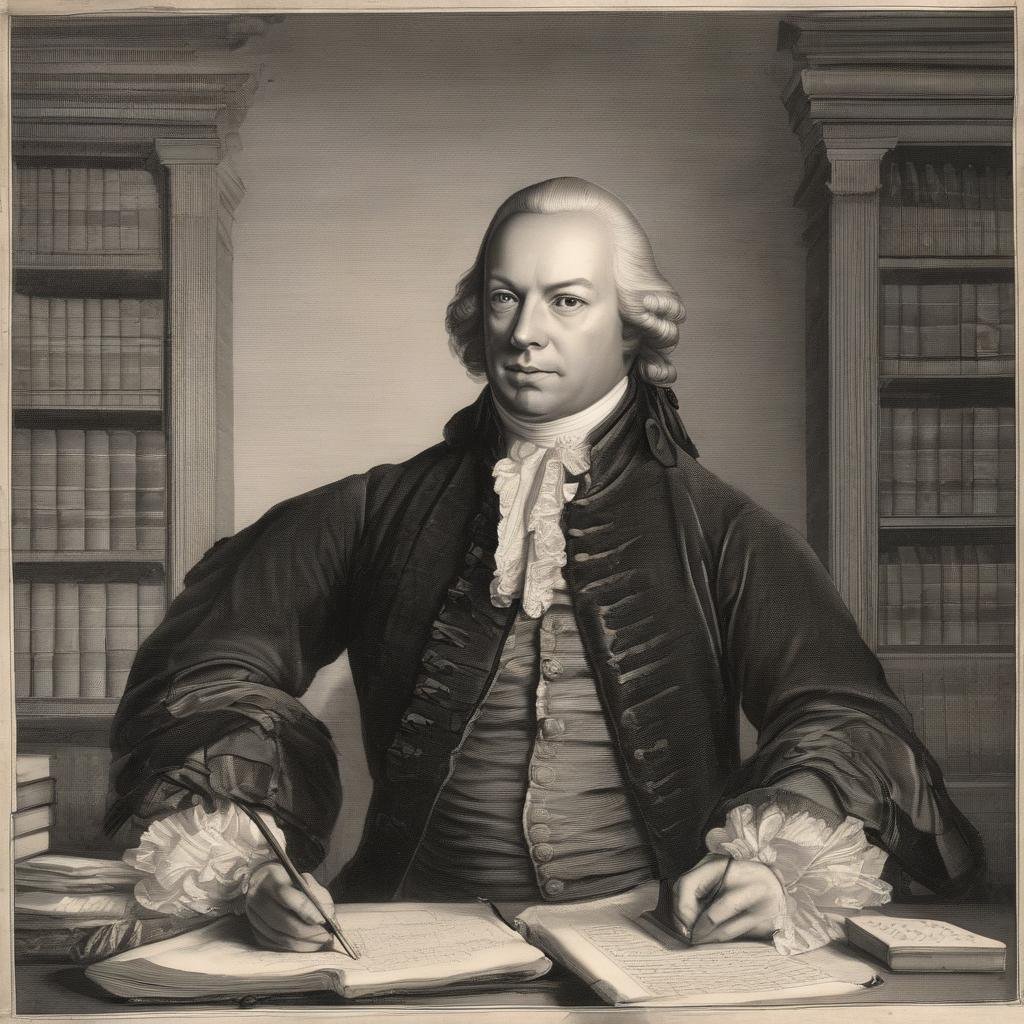
Who Founded the Bavarian Illuminati? Adam Weishaupt?s Role
“`html
Who Founded the Bavarian Illuminati? Adam Weishaupt’s Role
Introduction
The Bavarian Illuminati remains one of history’s most enigmatic secret societies, shrouded in mystery and conspiracy theories. Founded on May 1, 1776, by Adam Weishaupt, this clandestine organization sought to promote Enlightenment ideals, rational thought, and secular governance. Despite its short-lived existence—suppressed by Bavarian authorities in the late 1780s—the Illuminati’s legacy endures in popular culture and historical discourse.
Weishaupt, a professor at the University of Ingolstadt, envisioned a society free from religious and political oppression. His radical ideas attracted intellectuals, freethinkers, and reformers, but also drew the ire of powerful institutions. This article explores Weishaupt’s life, the founding principles of the Illuminati, and its lasting impact.
Main Content
Adam Weishaupt’s Biography
Born on February 6, 1748, in Ingolstadt, Bavaria, Johann Adam Weishaupt grew up in a Jesuit-dominated environment. After his father’s death, he was educated by his godfather, a prominent freethinker, which shaped his later skepticism toward religious dogma. Weishaupt studied law, philosophy, and theology, eventually becoming a professor of canon law at the University of Ingolstadt.
Disillusioned by the Jesuit order’s influence, Weishaupt sought an alternative path to intellectual and social reform. Inspired by Enlightenment thinkers like Voltaire and Rousseau, he founded the Illuminati as a means to challenge authoritarian structures. His leadership, however, was marked by internal strife and external persecution.
- Early Life: Jesuit education, exposure to Enlightenment ideas.
- Academic Career: Professor at Ingolstadt, critic of religious orthodoxy.
- Radical Vision: Advocated for secularism, meritocracy, and rational governance.
Founding the Illuminati
On May 1, 1776, Weishaupt established the Order of the Illuminati with five initial members. The society’s structure was hierarchical, divided into three main classes: Novice, Minerval, and Illuminated Minerval. Members adopted classical pseudonyms—Weishaupt called himself “Spartacus”—to conceal their identities.
The Illuminati’s core principles included the abolition of superstition, the promotion of scientific inquiry, and the undermining of oppressive regimes. Weishaupt’s recruitment strategies targeted influential figures, including nobles and scholars, to amplify the society’s reach. By the 1780s, the Illuminati had infiltrated Masonic lodges, further expanding its network.
- Secretive Structure: Layers of initiation, symbolic rituals.
- Expansion: Growth through Masonic connections.
- Controversial Tactics: Espionage, subversion of rival groups.
Downfall and Legacy
In 1784, Bavarian authorities banned all secret societies, including the Illuminati, fearing revolutionary activity. Weishaupt was exiled, and the order dissolved, but its myth persisted. Conspiracy theorists later linked the Illuminati to the French Revolution, the New World Order, and even modern pop culture.
Despite its brief existence, the Illuminati’s ideals influenced later movements advocating for democracy and human rights. Weishaupt’s writings, though suppressed, remain a testament to his vision of a rational, egalitarian society.
- Government Crackdown: Banned in 1784, documents seized.
- Conspiracy Theories: Alleged ties to global upheavals.
- Cultural Impact: Books, films, and music referencing the Illuminati.
Conclusion
Adam Weishaupt’s Bavarian Illuminati was a product of Enlightenment fervor, challenging the status quo through secrecy and intellectual rigor. Though short-lived, its legacy endures in debates about power, secrecy, and reform. Weishaupt’s life and the Illuminati’s history remind us of the enduring tension between authority and free thought.
For further reading, explore Adam Weishaupt’s Biography or the Core Principles that defined his controversial society.
FAQ
Q: Was the Illuminati really as powerful as conspiracy theories suggest?
A: No historical evidence supports claims of the Illuminati controlling world events. Its influence was limited to 18th-century Bavaria.
Q: Did the Illuminati survive after its ban?
A: The original order disbanded, but fringe groups and modern organizations have adopted its name and symbolism.
Q: How did Weishaupt die?
A: He lived in exile until 1830, dying in Gotha, Germany, after years of obscurity.
“`
